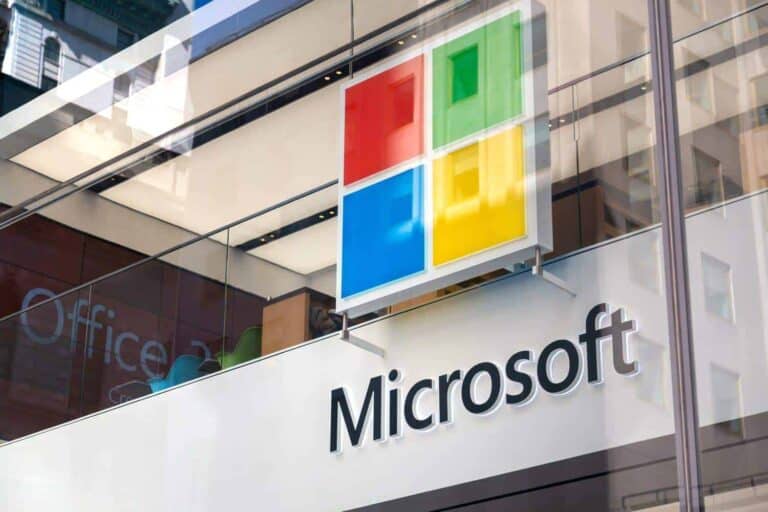Microsoft is working on a Windows system optimization tool dubbed ‘PC Manager’. The tool will consolidate multiple existing Windows features into a single user interface to rival third-party apps like CCleaner.
There are many Windows system cleaners or optimization tools available that claim to speed up a computer by eliminating useless files and registry keys.
Piriform’s CCleaner and Iobit’s Advanced System Care are two of the most popular examples. While some adore the tools and claim that they boost computer speed, Microsoft has always advised Windows users to avoid Registry cleaners since they might impair the operating system.
Possibly testing in China
Microsoft’s upcoming ‘PC Manager’ software appears to be another of these system optimizers. It provides a single interface for performing numerous operations already available in other built-in Windows applications.
Microsoft’s PC Manager is now in beta and available via the pcmanager.microsoft.com subdomain. As the page is written in Chinese, Microsoft is most likely initially testing the tool in China.
Although the website is in Chinese, the program’s interface is in English and divided into two segments: a cleanup section for different system optimization methods and a security section for malware scanning and browser security.
Existing Windows features
The cleanup section includes four tools for optimizing your Windows PC by checking for unneeded files, resource-consuming processes, rarely used apps, large files and automatic startup programs that increase the time it takes to get the operating system started.
The ‘Health Check’ tool analyzes the device for viruses, unwanted files (akin to the built-in Windows Disk Cleanup), potential problems and startup programs that increase Windows boot time (similar to startups tab in Task Manager).
The ‘Storage Management’ tool allows you to recheck your device for unneeded files (Disk Cleanup), search for huge files on your device (Windows Search) and run built-in Windows programs to automatically erase temporary files (Storage Sense) or uninstall seldom-used software.
Tip: Microsoft launches Teams Premium, Places and DaaS for Windows 11
